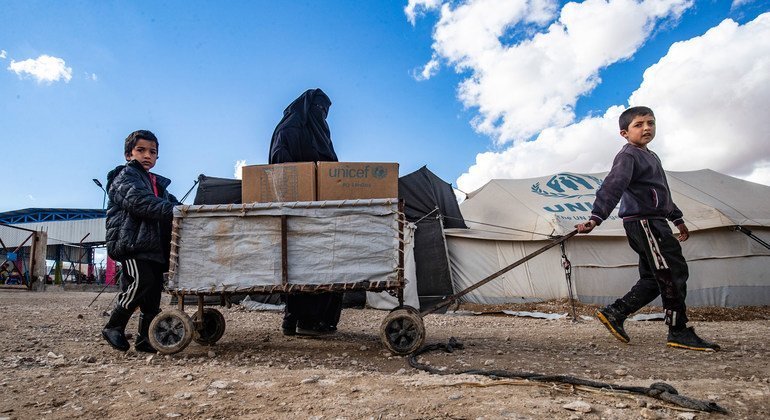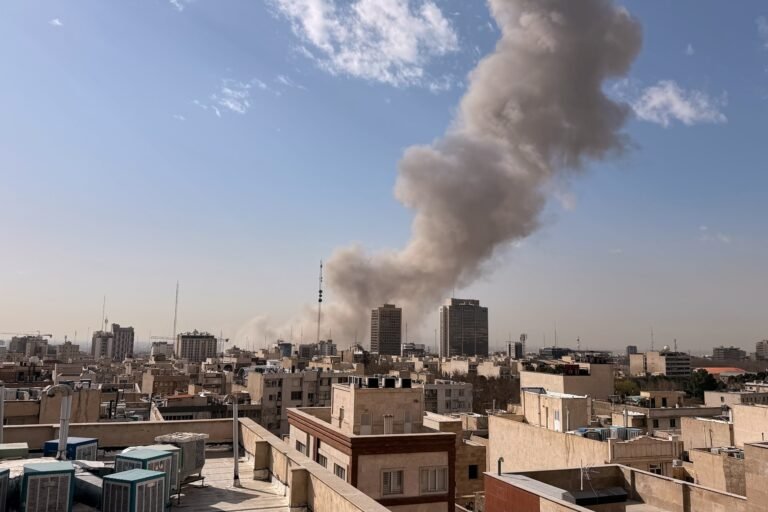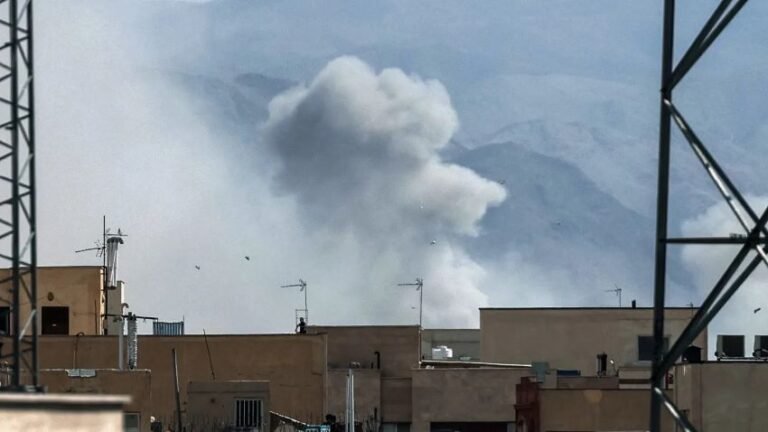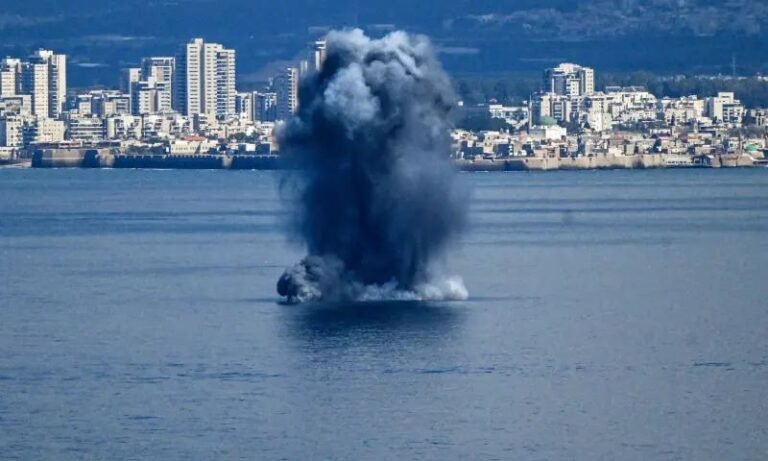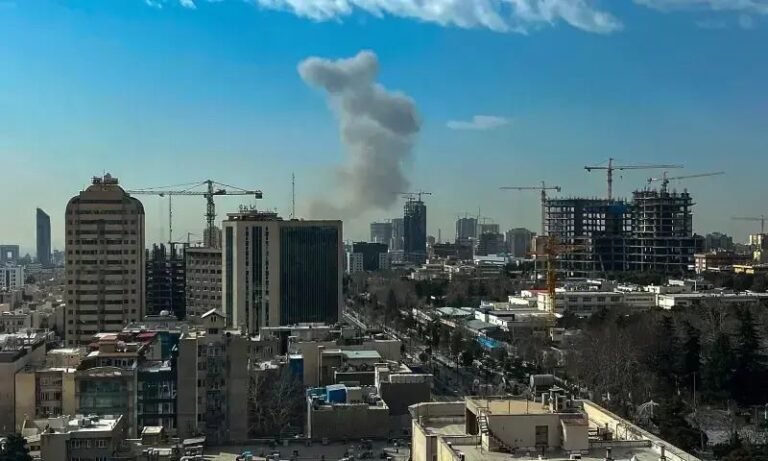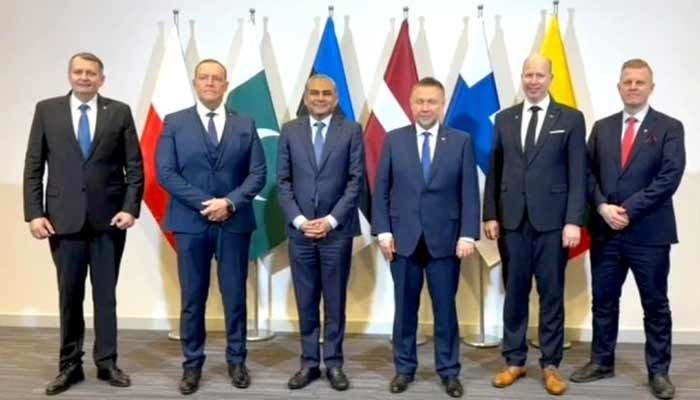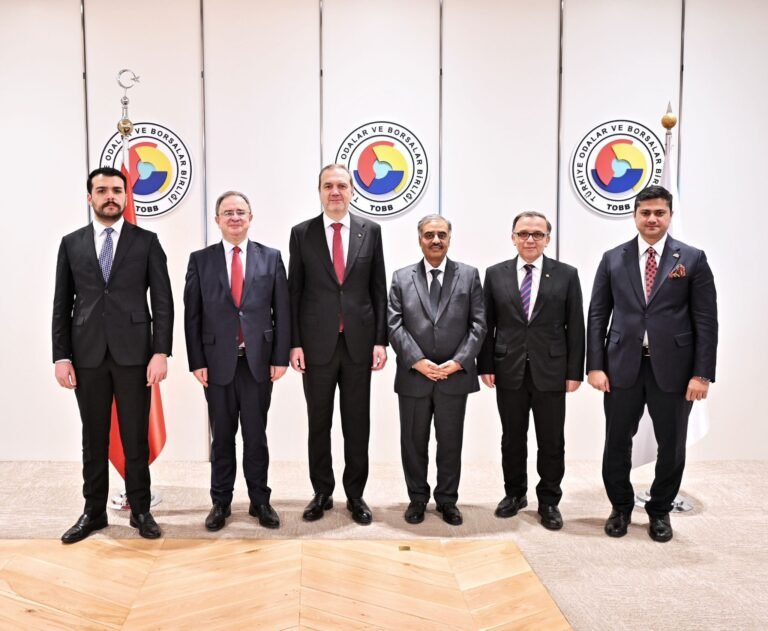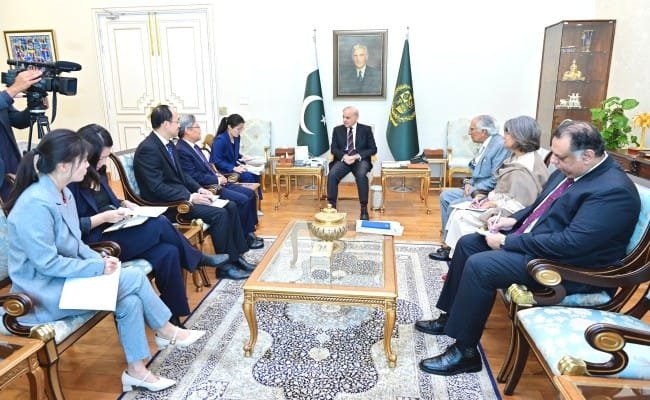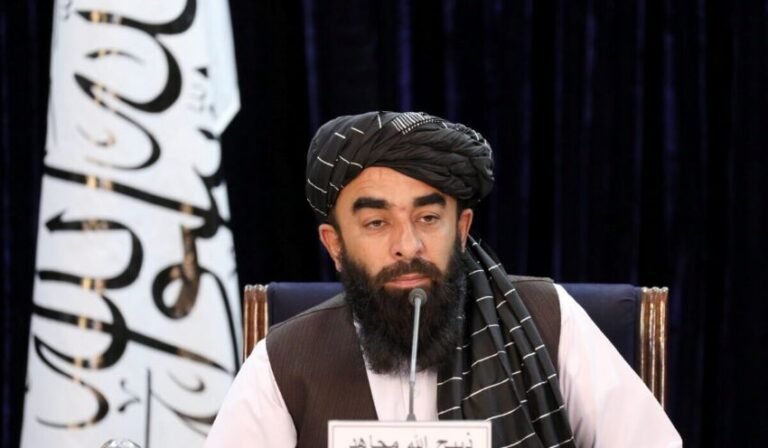Nur-Sultan, 14 February 2022 (TDI): Over 600 ISIL militants’ families have been deported to Kazakhstan in the last three years as part of a program to rehabilitate mothers and children. An ex-radicalized woman who married a terrorist spoke to UN News about her regrets and aspirations for a brighter future.
“We were taught Syria is a precious place,” recounts Asel, 32. “We would be martyrs if we perished in combat there.”
In 2014, Asel, her husband, and kid joined the ISIL terrorist network, commonly known as Da’esh, in Syria. She was pregnant. Asel grew up in a “typical” Kazakh family in the north, where religion was less dominant than in the south. After graduating from the College of Transportation and Communications, she moved to Nur-Sultan.
A young former wife of an ISIL fighter is back home in Kazakhstan, as part of a successful programme to reintegrate those radicalized by extreme ideology. She shared her story with UN News https://t.co/bfrM1GXDO1
— UN News (@UN_News_Centre) February 13, 2022
She narrates that she and her family were drawn because they believed no one would have to labor on the sacred land, that they would receive cash advantages on a regular basis, and that houses and property from the “liberated” cities and villages would be theirs.
The next year, they traveled to Syria through Belarus and Turkey. They had little money and no food as hostilities increased. Asel lived in Syria for five years before migrating with her spouse.
During this period, she had her second son, and her husband married two additional Kazakhstani women, each of whom had children. But one day, she adds, her husband didn’t come home: a bomb hit the building where he worked. Widow Asel and her children chose to return home.
The family had heard that the Kazakhstani government was providing for people who wanted to return home. Fear of being imprisoned didn’t stop Asel from understanding that staying in Syria would be difficult given the deteriorating situation.
Asel, along with other women from Dagestan, Turkey, and even Europe, reached the Al-Hol refugee camp in northern Syria. The camp’s conditions, which shelter approximately 60,000 refugees, have regularly been criticized. Former Da’esh fighters’ families are confined to a separate area due to allegations of conflicts between them and other visitors.
Asel believes she was blessed to spend just two months in Al-Hol, but those 60 days, along with the previous five years of misery, made her realize she and her sons had to leave Syria immediately.
Asel returned home thanks to a Kazakh initiative. Her two sons and she were taken to Aktau, on the Caspian Sea. They were at a rehabilitation center for a month with other people in the same predicament.
Andy Vermaut shares:The bittersweet taste of home: Former ISIL wife returns to Kazakhstan: More than 600 family members of ISIL fighters have been repatriated from Syria to Kazakhstan over the last three years, as part of an initiative to… https://t.co/2vs0d0L0xD Thank you. pic.twitter.com/3bMS3JgBXF
— Andy Vermaut (@AndyVermaut) February 13, 2022
Following a medical checkup, the family was worked with by psychologists, theologians, and religious professors, and her children attended temporary schools and kindergartens.
They were sent to remain with relatives in their hometown when their probationary period ended. As of now, Asel is based in Kazakhstan. She found new love, remarried, and her two boys, now eight and five years old, are doing well.
The ultimate return of Asel was made possible by Operation Zhusan. Zhusan is a Kazakh term that means “bitter wormwood,” a scent that many Kazakhs identify with their motherland.
Three years have passed since the start of Operation Zhusan. So far, the National Security Committee of the Republic of Kazakhstan has returned 37 men, 157 women, and 413 children (34 of them orphans).
Thirty-one males and eighteen females were convicted for their roles in ISIL operations. According to the government, the operation has been closely watched by countries that allow former foreign fighters and their families to return home, including Austria, Germany, Uzbekistan, Ukraine, and even the Republic of the Maldives.
The United Nations, the Organization for Security and Cooperation in Europe (OSCE), and the European Parliament have also kept an eye on the operation. According to a radicalization specialist contacted by UN News, the exodus of young Kazakhs to Syria in 2013-2014 was caused by three major factors.
According to Alim Shaumetov, head of the Akniet rehabilitation facility in Nur-Sultan, the first thing that made them open to radical religious doctrine was their lack of knowledge about religion.
The bittersweet taste of home: Former ISIL wife returns to Kazakhstanhttps://t.co/CujBq6SxAV
— Free Syria Media Hub (@Free_Media_Hub) February 13, 2022
He claims they were unable to withstand the extremely competent work of these recruiting preachers. Religious extremist ideology is the result of a collaborative effort by political leaders, psychiatrists, and theologians who put these notions in their heads, after which they were willing to sacrifice their lives for other people’s views.
Another key component, according to Shaumetov, was the adoption of legislation on religious freedom and religious groups during Kazakhstan’s early years of independence.
“Borders were opened, young people fled to religious institutions overseas, and many fell into the hands of fraudulent preachers,” he continues. “When they returned, they immediately began spreading their destructive philosophy here.”
The third cause, oddly enough, is the World Wide Web and the massive flow of information provided by the Internet. Young people went online to find answers to their issues and remedies to the challenges they faced in life, and “self-radicalization” occurred through religious sites and social networks.
As a result, there was a large migration of young people to Syria and Iraq, where they ended up fighting in someone else’s conflict. Employees at Akniet meet with former foreign fighters and their families for educational and informational sessions, which, according to Shaumatov, leads to about 95% of them giving up their extremist beliefs.
The return of individuals who willingly traveled to war zones to join extremists and terrorists is an extraordinarily difficult procedure in which the authorities of all involved nations seek to strike the correct balance between population security and returnee human rights.
The UN gives extensive support to nations that have become forerunners in this process. Globally, the United Nations Regional Center for Preventive Diplomacy in Central Asia has set up a way to verify the identities of alleged foreign fighters who have returned from fighting, as well as those who are planning to return.
If necessary, they can be prosecuted and they can be rehabilitated, and integrated. UN organizations, like the Office of Counter-Terrorism (UNOCT), also provide direct assistance to Kazakh prisons dealing with extremist prisoners’ rehabilitation.

